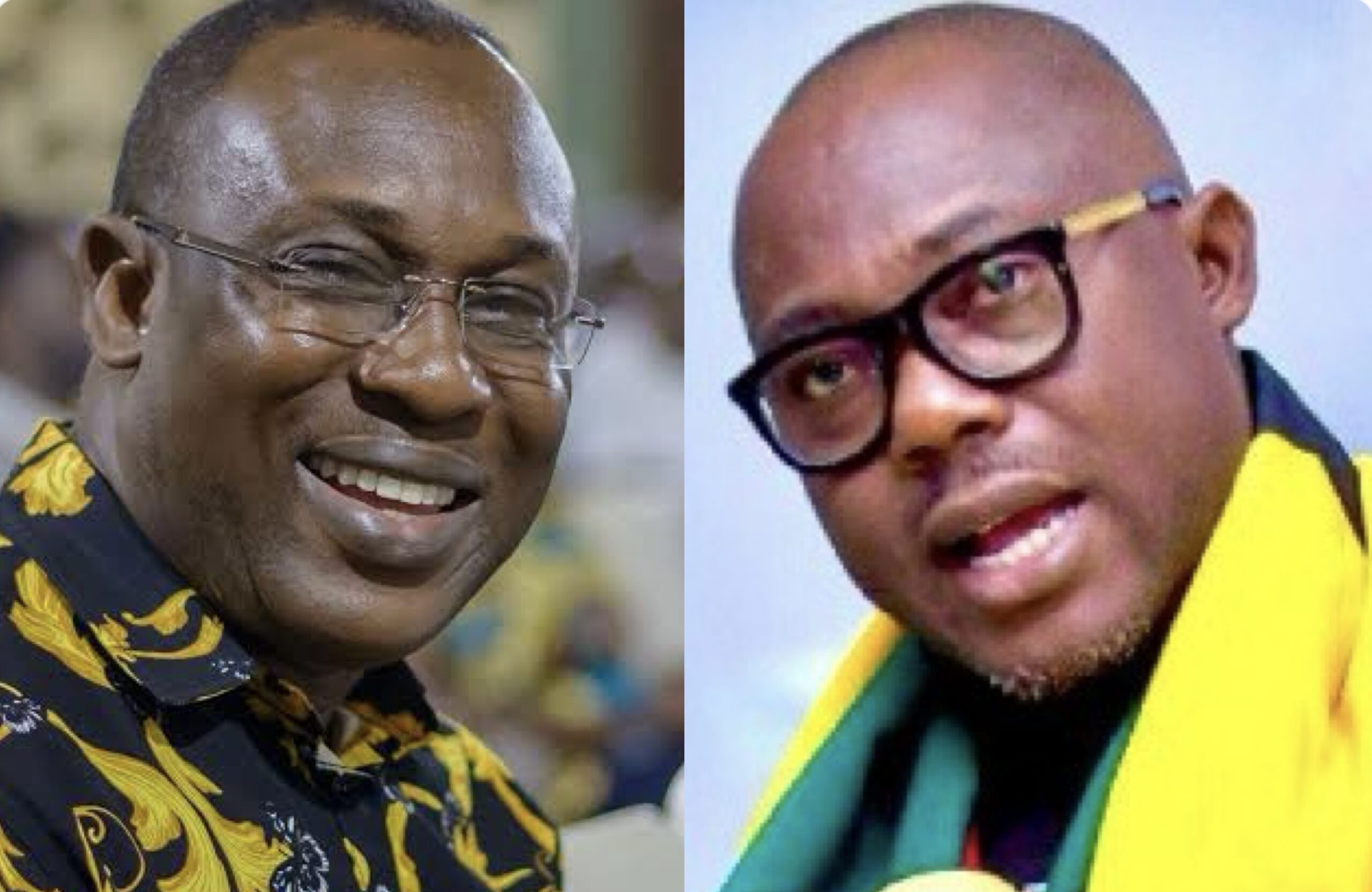Media Foundation for West Africa (MFWA) has described as unacceptable methods used by investigative journalist, Anas Aremeyaw Anas to expose corruption in Ghana football.
It would be recalled that on June 6, 2018, Anas, through his Tiger Eye PI, showed a documentary at the Accra International Conference Center in which some 15 referees and top officials of GFA, including the former president of the association, Kwesi Nyantakyi, were captured collecting bribes to manipulate football games and influence government officials to award contracts.
Mr. Nyantakyi was captured in the Anas’s documentary soliciting $11 million ‘bribe’ for President Akufo-Addo, his Vice, Dr. Mahamudu Bawumia, Minister of Roads and Highways, Kwasi Amoako-Atta, Deputy Minister of Roads and Highways, Anthony Karbo.
But there has been huge public backlash over Anas’ method of exposing corruption, as he offers ‘bribes’ to people and later accuse them of corruption.
New Patriotic Party (NPP) Member of Parliament (MP), Kennedy Agyapong, who took on the journalist, also aired a documentary titled: ‘Who Watches The Watchman?’
In the aforementioned video, the outspoken MP accused the investigative journalist of being equally corrupt.
MFWA, in a statement from its Executive Director, Sulemana Braimah, observed that the methods used by Anas in his investigative piece were unacceptable.
The statement said “I agree the documentary has made an impact. But what is also true is that the impact it has made is not because it’s a piece of journalistic work.”
It added that “Indeed, if agents from the Bureau of National Investigations (BNI), police, national security or any member of the public were to use the same methods to procure, edit and screen the same product, the impact could be the same.”
“So if a similar piece of documentary were to be produced and aired by a BNI or police officer, will it qualify to be called a piece of investigative work?”
“You may say no because your answer could be that the BNI or police officer is not a journalist.”
According to MFWA, “What makes a piece of work journalistic is not necessarily whether or not the producer is a journalist.”
“Instead, it is whether or not the work was produced using journalistically acceptable methods and procedures.”
It indicated that once the Number 12 documentary was actually presented as a journalistic work, the processes for procuring the content must be accepted in journalism.
“Don’t get me wrong, I am not saying undercover journalism, subterfuge journalism, deception journalism or sting journalism is not acceptable. They are acceptable forms of journalism. But when such methods are used by a journalist, there are ethical rules that must be followed in order to establish a difference between a journalistic undercover work and an undercover work by security operatives.”
“In order words, regardless of the methods employed, a journalist is only to report, reveal, or disclose events, activities, happenings or acts that exist. Such events, acts, happenings or activities cannot and must not be ones triggered, prompted, promoted, activated, enabled or created by the journalist.”
“But this is exactly what Anas and his team did for the Number 12 documentary. They triggered, prompted, promoted, activated and enabled the actions that constituted the contents of the Number 12 documentary,” according to the statement.
“We know that in order to have something to record for a story and the Number 12 documentary for that matter, Anas and his team deceptively engaged the subjects, posed as interested parties, paid monies to them in some cases and then recorded the process.”
“So basically, but for the actions of Anas and his team, there would have been no actions to record, no files to edit and no Number 12 documentary. So how can that be journalism?”
“I have heard claims that the methods used to procure the content for the Number 12 documentary are acceptable methods under the Ofcom (the British Communications regulator) rules. I have read the Ofcom rules and nowhere in the rules does it state that it’s acceptable for a journalist to trigger, prompt, co-create or manufacture acts, scenes and record same as a story in the name of undercover or any form of journalism.”
Source: dailyguideafrica.com
 News, Politics , Sports, Business, Entertainment, World,Lifestyle, Technology , Tourism, Gh Songs | News, Politics , Sports, Business, Entertainment, World,Lifestyle, Technology , Tourism, Gh Songs |
News, Politics , Sports, Business, Entertainment, World,Lifestyle, Technology , Tourism, Gh Songs | News, Politics , Sports, Business, Entertainment, World,Lifestyle, Technology , Tourism, Gh Songs |







